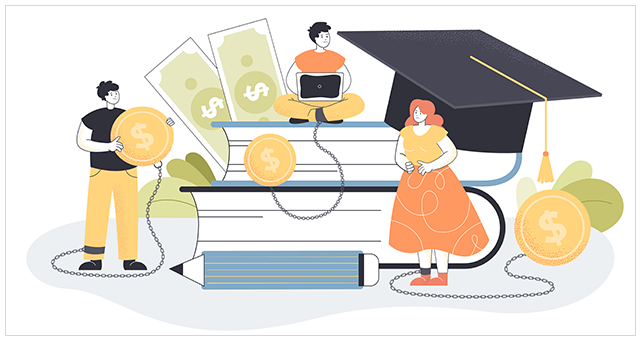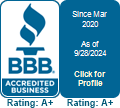
Fresh College Graduate? Do Not Make These Money Management Blunders
Congratulations! You have graduated and are eager to begin your career, or you have secured your first job and are ready to take on the world. It is a moment to celebrate as you are about to begin a new chapter of your life. However, it is also a time when you will make crucial financial decisions that will impact the rest of your life.
To ensure a secure financial future, you should avoid many financial blunders. In this post, we will look at some typical money management mistakes made by recent graduates. Avoiding these will put you ahead of the game.
1. Failure to Create a Budget
You will almost certainly have many financial commitments after graduation, such as rent, groceries, and transportation. To manage this increased expenditure, you will need to create a budget. However, budgeting might be overwhelming if you do not know where to begin or you have a budget and do not always keep to it as you splurge it on items you do not need, such as a lunch out or a happy hour every day.
The most fundamental rule is not to spend more than you earn. The best place to start is to figure out how much money you have after taxes. Next, consider the costs you must bear, such as rent, student loans, mobile phone bills, utilities, and groceries. Determine how much you can spend each month while contributing to your savings.
It is also critical to realize that your budget is not limiting. (This might explain why many new graduates do not have one or dislike using one.) It is a tool that will help you reach your financial objectives. Track your costs by downloading a budgeting tool or creating a spending tracker, and make adjustments as needed to achieve a comfortable balance.
2. Not Participating in an Employer-Sponsored 401(k) Plan
On the first day of your new job, you are probably not thinking about retirement. In terms of perks, you are probably more interested in the generous vacation policy or the gym membership discount. That is wonderful! However, your Company’s 401(k) plan may be the best perk it offers.
Nonetheless, many young individuals do not participate in 401(k) plans because they do not understand how they function. Setting up a 401(k) allows you to contribute a percentage of your pre-tax income to a retirement fund, whether it is 2% or 10%. As you put money into your retirement account, interest begins to accumulate. You gradually earn interest on the interest you have netted. Compound interest is a wonderful saving tool. The sooner you start saving and generating compound interest, the better off you will be.
In addition to delaying retirement savings, young graduates often fail to take full advantage of their employer’s match. If your employer matches your retirement contributions, you will get money for free. Do not abandon your match because even little donations will add up to a sizable sum over time. Your future self will appreciate it!
3. Failure to Make Student Loan Payments
After graduation, you should concentrate on your financial future, which includes keeping up with student loan payments. You may have a six months grace period, but instead of using it to pay in advance, you may ignore it like many graduates do until you receive a one-time notification. It will ultimately lead to more issues and stress. To minimize these problems, you should begin paying off your student loans gradually during the grace period to avoid further debt in the future.
You may also be able to refinance or combine these loans for a lower monthly payment, but you must not fall behind on payments. Paying student loan installments on time every month will help you maintain a positive credit history and maybe raise your credit score. A good payment history and a high credit score may lead to additional money-saving financial options in the future, such as cheaper interest rates on a car or house loan.
4. Not Saving Money from the Beginning
Saving money is a habit, much like drinking water or exercising. However, 80% of working Americans live paycheck to paycheck as they do not have an emergency fund.
Many graduates make the mistake of thinking, “I will start saving later.” The wiser course of action is to begin saving immediately, even if it is a tiny amount to develop the habit of paying yourself first.
Decide how you would save the money – eating one extra dinner at home each week? Discontinuing a streaming service you do not use much? Show yourself the cash!
Set up an automated repeating transfer on each payday to transfer money from your checking account to a high-yield savings account (without ATM access).
Saving should not be an afterthought or a “maybe later” consideration. It should be the first thing you do when you get your paycheck. Developing this habit will help your future self experience more financial stability.
5. Accumulating Credit Card Debt
Credit card debt is never a good thing. But, slipping into it just as you start your working life might have long-term effects.
A solid credit history is essential to your overall financial wellness. And using credit cards to develop that history and demonstrate your creditworthiness to lenders is a realistic option. However, prudent credit utilization is charging just what you know you can pay off at the end of each month rather than purchasing products you cannot afford in the first place and financing them at exorbitant interest rates for several years. It will also hurt your credit score, and you may be unable to finance an auto loan or qualify for a home loan later on.
In the years after college, life will most likely get more complicated. However, by adopting some simple good habits now, you will be on top of your finances and have a brighter financial future.


